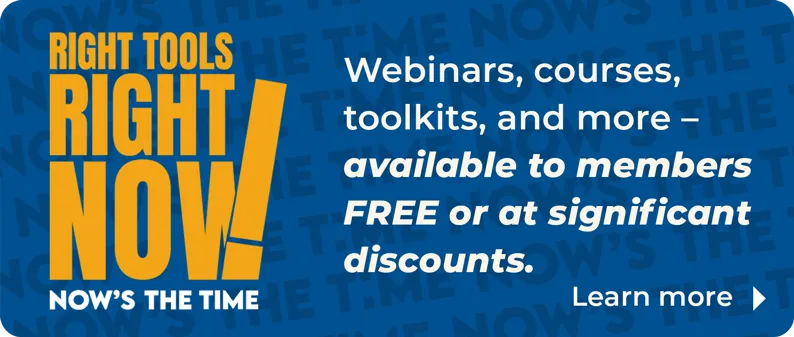
Jeff Lobb, founder of the real estate coaching company SparkTank Media, likes to think of real estate farming as a sport—the agents who train consistently by showing up and who out-connect everyone else are the ones who tend to win.
“We’re in the business of people,” Lobb said during a Friday session at NAR NXT, The REALTOR® Experience, in Houston. “Every day you should be finding new people to work with. If you don’t have enough listings, it’s because you don’t know enough people.”
During his session, “Unlock Strategies to Dominating Listings Before Your Competitors Do,” Lobb shared a system for agents who want to rise above the competition and become the go-to agent sellers call on. Here are his top strategies.
1. Pinpoint your dominance area.
Lobb advises agents to identify a geographic zone—say, a neighborhood of 500–1,000 homes—where you can build long-term influence.
“It’s where you can become a household name,” he said. “When you walk down the street, the neighbors recognize you.” A well-chosen farm area becomes a pipeline of predictable business and referrals.
Look for areas with high-churn activity by studying the numbers, such as how many homes sold in the last 12 months and average days on the market. Then, build a contact database of emails and phone numbers for those who live there, using tools such as RedX, Vulcan7 or even skip-tracing freelancers on Fiverr, Lobb suggested.
2. Create outbound marketing with a FOMO strategy
To attract homeowners’ attention, create marketing pieces that spark curiosity and urgency—essentially channeling FOMO (the “fear of missing out”), Lobb said. He points to Credit Karma’s marketing emails that carry subject lines like: “Your credit score just changed.”
“It works because people can’t resist checking it,” he says. He suggests a real estate example: “Your neighbor’s home just sold—and it may have changed the value of yours. Want to see how your home’s equity was impacted?”
3. Don’t miss the life-triggering events
Agents often stop nurturing long-term leads because they’re not likely to sell anytime soon, Lobb says. But life changes constantly—and quickly; he suggests keeping a close eye on the life events of your database so that you don’t miss them.
He leverages social platforms, like creating Facebook lists (only available on desktop versions) or the Favorites feature on Instagram to categorize your connections into “client lists” that allow you to more easily keep track of their posts.
Watch for life events that could trigger “must-move” sellers, like divorce, probate, job loss or job relocation, health changes, retirement and more. Lobb suggested creating resource guides for these targeted life changes, such as tips for homeowners navigating divorce—but always be careful to show empathy and value in your outreach.
4. Embrace an open house strategy to further your reach
Open houses aren’t just for finding buyers—they’re powerful tools for finding sellers, Lobb says. Lobb’s strategy includes pre-open house prospecting by walking the street beforehand and introducing yourself to neighbors (“I’m hosting your neighbor’s open house later today—just wanted to give you a heads-up about potential traffic.”) It’s also an excuse to use his FOMO marketing strategy: “Homeowners often want to know how this sale affects their home’s value. I created a custom neighborhood report—want me to email or text it to you?” He uses the REALTORS Property Resource® to generate market trends reports to send, while then capturing their contact information and establishing a connection.
5. Leverage AI to do more—without doing more
Lobb encourages agents to embrace AI—not as a replacement but as an assistant. He highlighted how he uses HeyGen, a platform that allows you to create an “AI twin” or video avatar of yourself. You record a few minutes of footage, and the platform builds a digital version of you that can read scripted market updates, neighborhood trends or weekly tips. To help maintain visibility and your market dominance, “use tools that help you do more without doing more work,” Lobb said.
“To get more listings,” he added, “you need to be more proactive, do more than others in your marketplace, and make sure you find ways to get in front of more people.”









